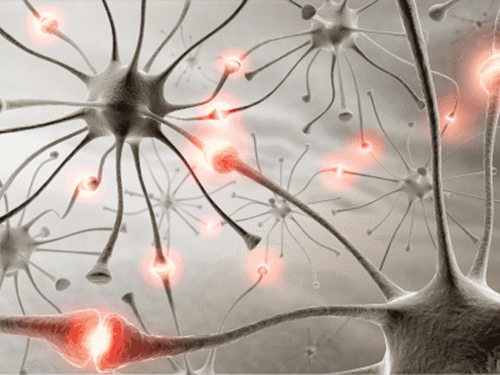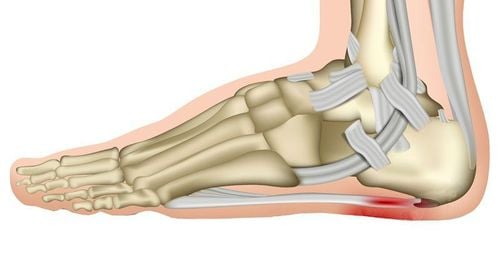Nội dung bạn đang tìm kiếm không có phiên bản tiếng Việt.
Vui lòng chọn tiếp tục để xem nội dung tiếng Anh hoặc đi đến trang chủ Tiếng Việt.
Rất xin lỗi về sự bất tiện này.

Home
Tag Causes of epilepsy
Articles in Causes of epilepsy

Part 1: Evaluation of epilepsy causes from routine tests to genetic testing
Recognizing the cause of a first seizure and determining the etiology of epilepsy are key to treatment. A systematic approach to the patient with a first seizure helps differentiate between an acute symptomatic seizure, a seizure with or without a trigger, and an epileptic-like seizure.
Xem thêm

Part 2: New-onset epilepsy
The first question when a patient presents with a first transient paroxysmal seizure is whether the seizure is likely to be epileptic, based on the patient's history and information from witnesses.
Xem thêm

Part 3: Epilepsy Assessment
Evaluation of a patient with established epilepsy differs in many respects from that of a patient having a first seizure. In particular, the opportunities for reliable information from witnesses to the seizure are greater, and the ability of EEG to capture interictal epileptiform abnormalities is also increased. In patients with recurrent seizures, video-EEG may be considered, and brain imaging should focus on structural abnormalities that indicate surgical indications.
Xem thêm

Part 4: Extra-genetic causes of epilepsy
The causes of epilepsy can be divided into six different groups: structural, metabolic, genetic, infectious, immunological, and unknown. The causes are not mutually exclusive, allowing for a structural-genetic cause in tuberous sclerosis patients or a metabolic-genetic cause in patients with epilepsy associated with an inborn error of metabolism.
Xem thêm

Part 5: Genetic causes of epilepsy
Only about 30% of epilepsies are acquired, and the remaining 70% are likely to be caused by one or more genetic factors. Epilepsy genes follow a complex pattern, and most genetically determined epilepsies will have a polygenic background with multiple sensor genes contributing to the disease. Next-generation sequencing technology has revolutionized gene discovery in epilepsy and many other diseases.
Xem thêm

Genetic testing for epilepsy
Genetic testing for epilepsy helps find the cause of the disease, avoiding unnecessary invasive and costly interventions.
Xem thêm

A pictorial guide to epilepsy
Epilepsy is a chronic, non-infectious brain disease that affects about 50 million people worldwide. Epilepsy is characterized by recurrent seizures. The condition causes brief involuntary movements that are sometimes accompanied by loss of consciousness and control of bowel or bladder function. This article will provide more detailed information about this disease.
Xem thêm













